By Jeff Brocklebank
No business can function properly without the system of checks and balances known as internal control. On one level, this system offers assurance that your organization’s financial reporting follows Canadian generally accepted accounting principles. But it also extends to areas such as fraud prevention, operational efficiency and company policy. With that in mind, we recommend that Walsh King conduct an in-depth review of your internal controls to ensure that they’re robust. Such a review should be updated about every five years.
WHY INTERNAL CONTROLS MATTER
Internal controls affect every corner of your business. Among other things, they:
- Minimize the risk of error in accounting records. For example, timely reconciliation of bank records by an appropriate person ensures correct recording of transactions.
- Safeguard the company’s assets. By combining adequate and appropriate insurance coverage with the right procedure for reviewing and renewing coverage, for instance, you’re less likely to put those assets in jeopardy.
- Reduce the risk of loss. Just one example: having non-sales staff perform proper credit approval helps avoid bad debts.
- Reduce the chance of litigation. This could mean having appropriate procedures for recruiting, hiring, employment contracts, termination and privacy protection to minimize the risk of lawsuits involving personnel.
COST-BENEFIT OF INTERNAL CONTROLS
When designing or revising internal control policies and procedures, it’s important to consider their cost-benefit. To do so, you must ask three questions:
- What is the degree of risk of loss related to a certain process?
- What is the estimated amount of loss that could occur?
- What is the cost of implementing a control to reduce the risk of loss for any particular process?
WHY REVIEW YOUR INTERNAL CONTROL SYSTEM?
When revenue grows significantly, there’s a risk that the level of activity could overwhelm the capacity of existing controls. This might result in unidentified control deficiencies – and an otherwise preventable loss.
Likewise, a change in executive leadership can prompt changes to systems and/or procedures that might inadvertently weaken internal controls.
By confirming that the appropriate controls are in place and functioning as intended, you show management and the board of directors that the risk of non-operational losses has been minimized.
Remember: an internal control review is not, nor should it be considered, a criticism of existing management or controls. Reviewing internal controls from time to time is simply good governance.
HOW TO REVIEW INTERNAL CONTROLS
To effectively review a private entity’s internal controls, you need the audit expertise of an independent CPA firm.
The first step is to identify the components of the business that require separate control systems. At your company, these might include:
- Cash management system
- Purchasing and payable systems
- Property and inventory system
- Revenue and receipts system
- Human resources
- Computer operations and IT systems
After identifying and documenting the existing controls for each component, the reviewer performs tests to determine if the system is operating as planned. If it’s working, the next phase is more analysis to gauge the system’s effectiveness and identify weaknesses. For any weakness, the reviewer weighs the possible implications and suggests procedural changes.
An internal control review also calls for an examination of policy manuals, paper or transaction flow, interviews with relevant individuals, et cetera.
After completing fieldwork, the reviewer will draft a preliminary report and discuss it with senior management. The purpose here is to clarify any misrepresentations that may have occurred during the review. If significant issues arise, more fieldwork may be necessary for everyone to agree on the validity of the findings.
The final internal control report goes to the board of directors, which assumes responsibility for implementing the recommendations.
HOW MUCH DOES A REVIEW COST?
Before undertaking an internal control review, Walsh King will prepare a preliminary budget setting out the estimated cost. Should you decide to proceed, we will commit to a maximum total cost for the review.
Please contact us for more information or for a quote.
Posted in Strategic Insights + Walsh King News


